You may recall that not that long ago, I went to Suriname. I was thinking about this today because I really want to go to French Guiana. If you know your geography, that’s not a free-association, so much as it is a geographic connection.
But despite the capital city of French Guiana being called Cayenne (sounds tasty), the airport is called Rochambeau. Which, as it happens, is also what rock-paper-scissors is called in San Francisco, where my sister and her family now live. Which makes me think, is that how they get to decide who lands first at the airport at Rochambeau? Seems unlikely, what with French precision, and the few air connections French Guiana actually has with anyone, which mainly seem to be through Martinique and France, which, by the way, is going to make my visiting there more complex, though not impossible, I hope.
So I have no idea why rock-paper-scissors is called Rochambeaux (notice spelling difference) in San Francisco. But this leads me to a story about my ex-boss (also a foreigner), and our Chilean coworkers, back from when I worked in the administrative-educational part of a language institute.
One day, there was yet another bizarre request to our small team, this one from a television producer, who wanted us to do language coaching for a live news program. The project came to the institute, bounced to the academic department, and the offer went to my boss. He then sent out an email to the rest of the team entitled: Catchypoon.
Which I immediately knew was something of a “not-it” expression, meaning, essentially, “let’s draw straws.” I read the content, thought, this is a game I do not wish to play, and promptly thought about something else. Probably why when I brought food from home, the ladies in the cafeteria (which is called a casino in Chile) would only ever microwave it to tepid, as though I just wanted them to see what I’d brought to eat, and not actually heat it up. But I digress.
My Chilean coworkers asked in reference to the email? “Did you get that thing from (boss?)” And I said “yes.”
And they said, “Why does it say catchypoon,” which they pronounced with an American accent, sounding strangely very southern.
And I said, “I think he’s saying cachipún.”
And they all said, “ohhhhh,” and agreed that they didn’t want to do the task either.
You see, cachipún is what we call rock-paper-scissors in Chile. It’s called piedra, papel y tijera in some other Spanish-speaking countries, but here we say, ca-chi-pún, and pull our hands out from behind our back in the appropriate shape. Or we would if anyone ever had any intention of actually doing that project, which really no tenía nada que ver/was completely unrelated to what we actually did at the institute.
What I thought was most interesting about the interaction between the word “catchypoon” and my Chilean ex-coworkers was that they didn’t get what it meant. In this case, they couldn’t pronounce it out loud and adjust the accent until it made sense. I think they were very accustomed to doing that with words in English, but when it came to something that was supposed to be Spanish, but written in English phonetics, they couldn’t get their brains around it.
This is probably similar to how when I moved to Chile I couldn’t figure out how to make a long-distance phone call because I wasn’t putting a “carrier” code before the phone number. I could not for the life of me figure out what people were saying when they said the word “carrier” pronounced in Spanish. And they would say it more slowly, and loudly, cahh-di-er (that d represents the single-trill r in Spanish, better known as a flap). And I would repeat it back and they’d be all happy, and I still had no idea what they meant, nor how to make the call, though of course I eventually figured it out.
Which still hasn’t gotten me any closer to French Guiana, but it does have me researching what they call rock-paper-scissors in French (pierre-feuille-ciseaux), and wondering what they’d think I was saying if I tried to pronounce it with my (decidedly unsouthern) accent. Hint: the last word sounds a lot like see-saw from where I sit.

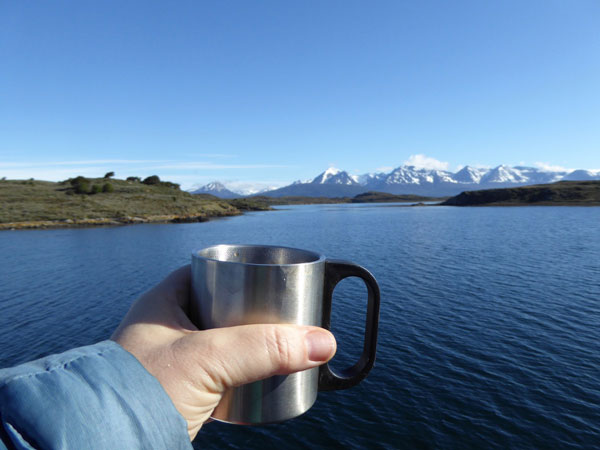
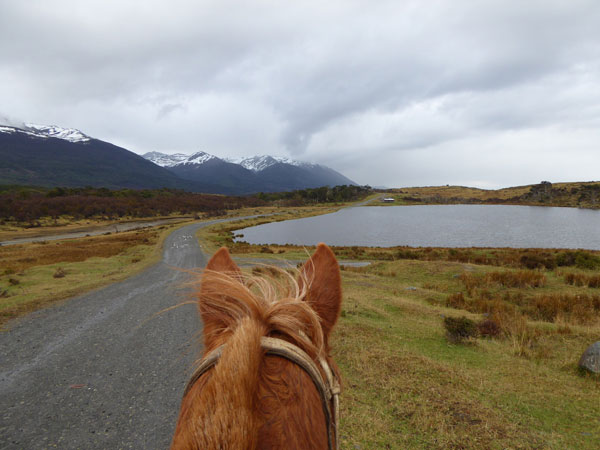

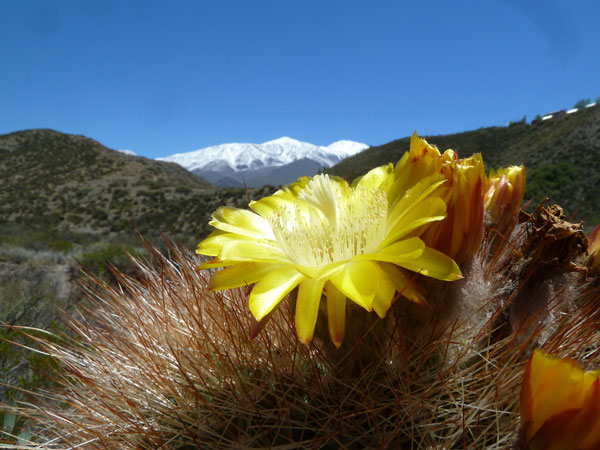
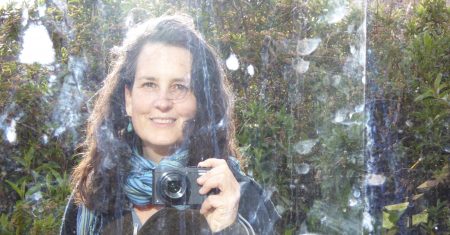
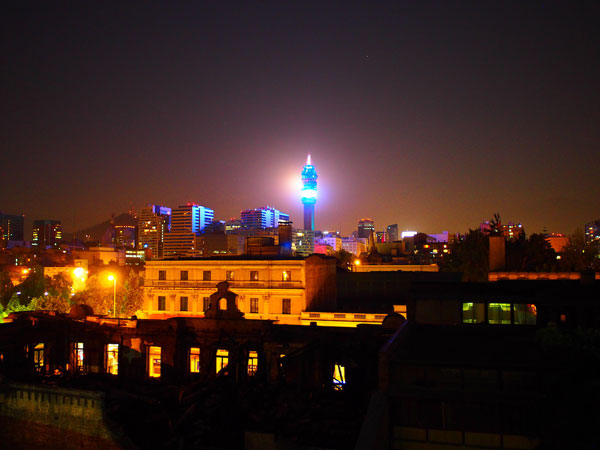
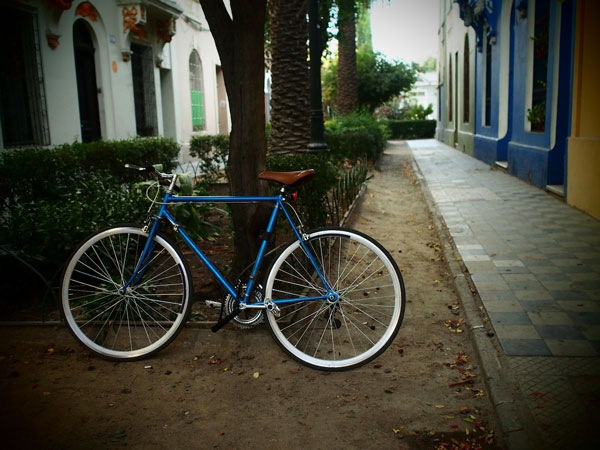


How about those sanguches? I always thought they were sanguiches until last night…either way, I had a very hard time figuring out what the hell anyone was calling them when i first got here.
And restorán vs. restaurante? I do love a good sanguche. One day lettuce on sanguches will catch on, and everything will be better. Or at least more lettuce-y.
Great post Eileen- always love it when you kick-start some play-with-language time in my head! So true about the Chilenization of English words. There’s a street I sometime have to go down called “Dr. Luis Middleton,” and cab drivers never understood me until one caught on and said “OHHH! doak-TOR loo EES MID-lay-toan” (me quedé ¡Plop!)
and yet, Ricardo Lyon is “Lion.” and Cumming is KA-ming. I find you never know. I used to live near a street called Llewellyn Jones. I’m so glad I never had to get dropped of there in a taxi! How do Chileans say that? yeweyen yones? The mind boggles.
thanks for dropping by! Catchypoon!
Llewellyn Jones es un verdadero misterio para mí. Marmotita vive a un par de cuadras de esa calle y siempre que paso por ahí me quedo pensando en cómo se dirá. ¿Será algo así como “luwlin Youns”? Si puedes fonetizar para mis ojos chilenos la forma correcta te lo agradeceré y me podré lucir con mi polola diciéndole cómo es realmente. Gracias xD
It’s actually “Roche, papier, ciseaux” in French. Or “Pierre, papier, ciseaux”.
Thanks, Marc! Still doesn’t help my see-saw problem re: ciseaux, though!
My favorite Chileanized words: “No estoy curado, estoy japi” (very happy) and of course, “heavy”, e.g. “ese problema es super heavy pa’ ti”. This happened to me like 3 months ago, the thing is I had to go to Mall Sport in Las Condes and I asked the driver if he stopped there, ¿dónde?, he asked and I said: “en el mall sport”; . After that I realized I needed to Chileanize it so I ended up saying: “en el mol espor!” the driver got that right away 🙂 I guess I must be really hard for English speakers to realize what Chilean people do with English words! Ahora le voy a echar un “lukin” (looking) a mi walking closet (once I was told in a department store that walk-in closet was wrong) hahaha
and again, I insist, YOU should be writing a blog, José! If you wrote about linguistics, you know I’d read it often. So how DO Chileans pronounce Llewellyn Jones?
Ok, I’ll start a blog very soon 😀 hahaha I asked a few friends, who do not speak English at all and these are the different pronunciations they came up with: “Levelin” “Llegüelin” o “Legüelin”
you rocked that mini-sample, José. Thanks! I knew a fellow language geek would come to the rescue. So did you write it down for them?
Hey, so, you may remember that I traveled through French Guiana while on my way from Suriname to Brazil. If you have the time, you already know how to catch the shared taxi from Suriname, grab one to the French Guiana border, and check out the old prison while in St. Laurent. Maybe watch “Papillon” before you go for some history of the place. Cayenne is roughly the same size as Paramaribo, certainly the downtown is easily walkabout. Remember, French Guiana never became independent from France, so it *is* France. Not a lot of English speakers there. If you’re into that kind of thing, rocket launches from Kourou are apparently quite impressive. Here’s my journal entry from my travel day: http://travelswithjacques.blogspot.com/2012/02/remember-over-there-is-europe.html
Hey Rod, of course I remember! It looks like the easiest way for me to get there is actually flying into Suriname and hopping over from there. I have been passively working on my French, but this wouldn’t be for minimum several months. I’ve done a bunch of travel recently.
There’s always the possibility of flying into Brazil and doing it from there, but I already have the Suriname visa, and my Brazil one expired, sadly. Rocket launches, you say?
thanks for the link. I’ll be sure to bring some nibbles, which is funny, because on the road from Paramaribo to Nickerie, we stopped many many times for food. Maybe the Surinamese like their nibbles more than the people from French Guiana?
I guess someday I’ll find out! Thanks for dropping by!